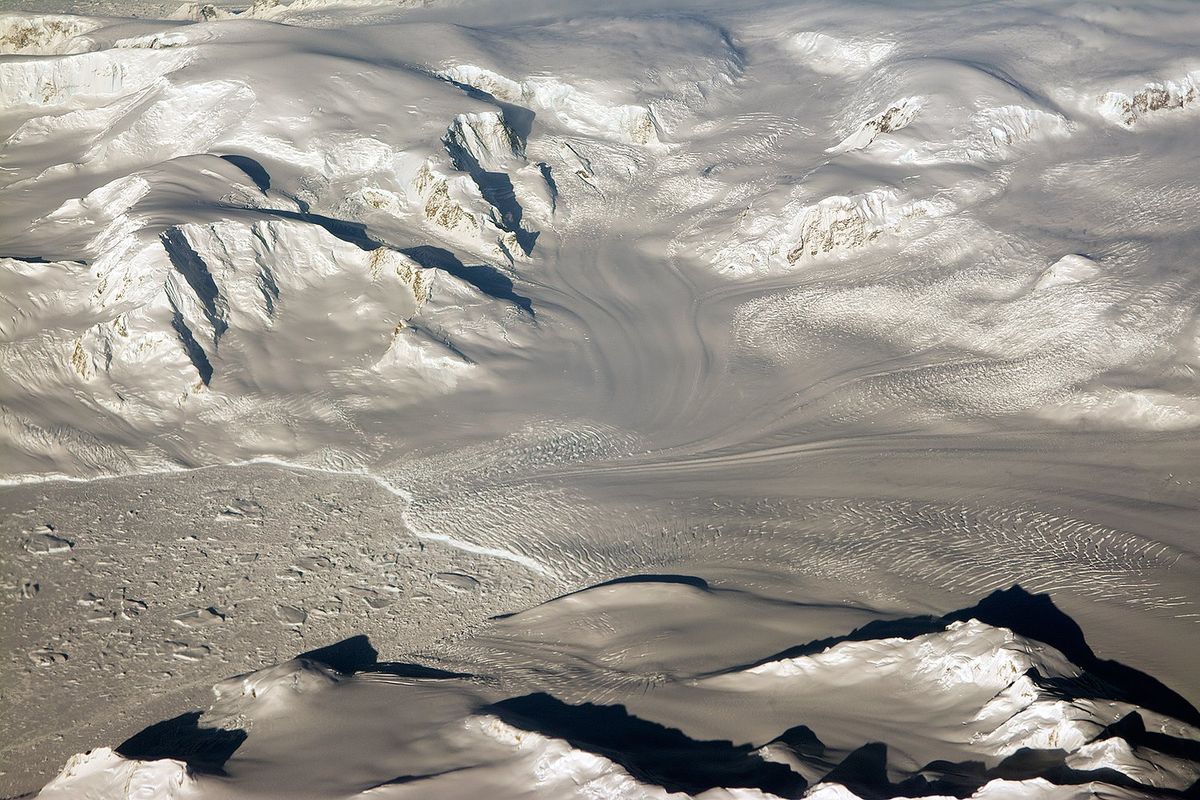
But 2.43 billion years ago, something happened: Oxygen levels started rising, then falling, accompanied by massive changes in climate, including several glaciations that may have covered the entire globe in ice. .
Chemical signatures locked in rocks that formed during this era had suggested that by 2.32 billion years ago, oxygen was a permanent feature of the planet's atmosphere.But a new study delving into the period after 2.32 billion years ago finds that oxygen levels were still yo-yoing back and forth until 2.22 billion years ago, when the planet finally reached a permanent tipping point.They and other researchers had noticed that the rise and fall of oxygen in the atmosphere seemed to track with three global glaciations that occurred between 2.5 billion and 2.2 billion years ago.
But strangely, the fourth and final glaciation in that period hadn't been linked to swings in atmospheric oxygen levels.
"Atmospheric oxygen during this early time was very unstable and it went up to relatively high levels and it fell down to very low levels," Bekker said.Today, methane plays a small role in global warming compared with carbon dioxide, because methane reacts with oxygen and disappears from the atmosphere within about a decade, whereascarbon dioxide sticks around for hundreds of years.So the sequence of oxygenation and climate change possibly went something like this: Cyanobacteria began producing oxygen, which reacted with the methane in the atmosphere at the time, leaving only carbon dioxide behind.More than 2 billion years ago, such a nutrient influx would have driven the oxygen-producing marine cyanobacteria into a productive frenzy, again boosting atmospheric oxygen levels, driving down methane and starting the whole cycle again.
The pattern seems to have ended about 2.2 billion years ago when the rock record indicates an increase in organic carbon being buried, which suggests that photosynthetic organisms were having a heyday
At this point, Bekker said, oxygen levels were high enough to permanently suppress methane's oversized influence on the climate, and carbon dioxide from volcanic activity and other sources became the dominant greenhouse gas for keeping the planet warm